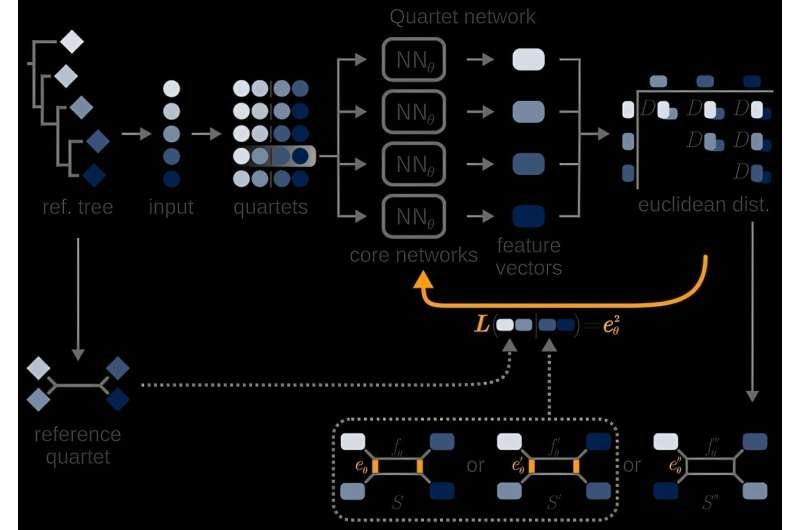Depression is one of the most common mental health challenges, but its early signs are often overlooked. It is often linked to reduced facial expressivity. However, whether mild depression or subthreshold depression (StD) (a mild state of depressive symptoms that does not meet the criteria for diagnosis but is a risk factor for developing depression) is associated with changes in facial expressions remains unknown.
In light of this, Associate Professor Eriko Sugimori and doctoral student Mayu Yamaguchi from the Faculty of Human Sciences, Waseda University, Japan, have now investigated changes in facial expression in Japanese undergraduates using facial data and artificial intelligence. The study was published in the journal of Scientific Reports on 21 August 2025.
“As concerns around mental well-being have been rising, I wanted to explore how subtle non-verbal cues, such as facial expressions, shape social impressions and reflect mental health using artificial intelligence-based facial analysis,” says Sugimori.
The researchers asked 64 Japanese university students to record short self-introduction videos. Another group of 63 students then rated how expressive, friendly, natural, or likeable the speakers appeared. At the same time, the team used OpenFace 2.0, an artificial intelligence system that tracks micro-movements in facial muscles, to analyze the same videos.
The results revealed a consistent pattern. Students who reported subthreshold depressive symptoms were rated by their peers as less friendly, expressive, and likable. Interestingly, they were not judged as more stiff, fake, or nervous. This suggests that StD does not make people appear overtly negative but rather tones down their positive expressivity.
Artificial intelligence analysis revealed specific patterns of eye and mouth movements, such as the inner brow raiser, upper lid raiser, lip stretcher, and mouth-opening actions that were more frequent in participants with StD. These subtle muscle movements were strongly linked to depression scores, even though they were too fine for untrained observers to pick up on.
The researchers note that their study was conducted with Japanese students, an important consideration given that cultural norms influence how people express emotions.
“Our novel approach of short self-introduction videos and automated facial expression analysis can be applied to screen and detect mental health in schools, universities, and workplaces,” says Sugimori.
The proposed approach could be used in mental health technology, digital health platforms, or employee wellness programs to monitor psychological well-being efficiently.
“Overall, our study provides a novel, accessible, and non-invasive artificial intelligence-based facial analysis tool for early detection of depression (before the appearance of clinical symptoms), enabling early interventions and timely care of mental health,” concludes Sugimori.
Source:
Journal reference:
Sugimori, E., & Yamaguchi, M. (2025). Subthreshold depression is associated with altered facial expression and impression formation via subjective ratings and action unit analysis. Scientific Reports. doi.org/10.1038/s41598-025-15874-0


























